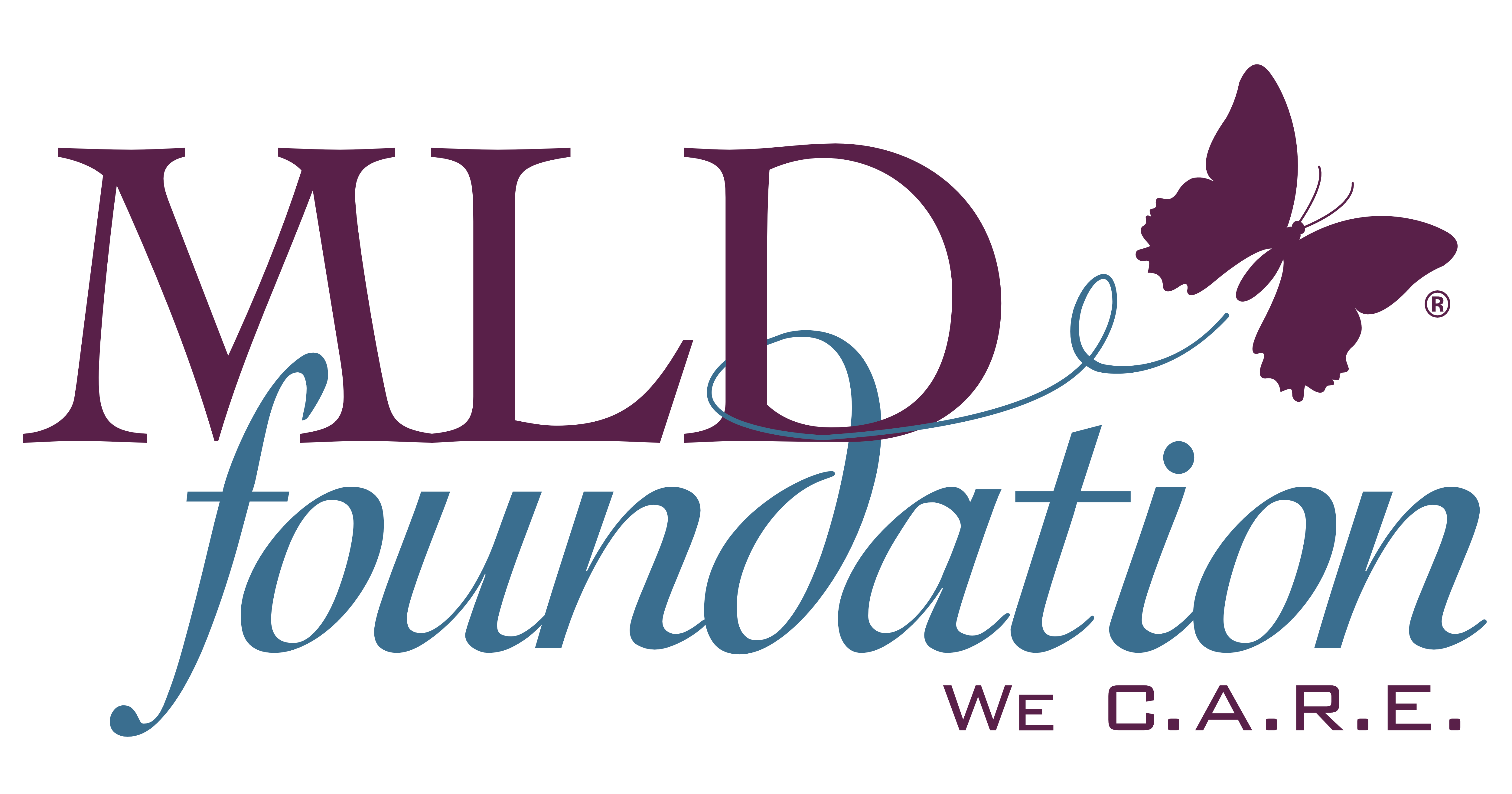Report from FDA PFFD IEM meeting
Great Patient Focused Drug Development (PFDD) meeting at the FDA Tuesday discussing patients perspective on the neurological inborn errors of metabolism (IEM). Dean Suhr, president of the MLD Foundation, spoke on the second panel of the day and was able to both share and stir the pot a bit with regard to some of the patient perspectives on […]
